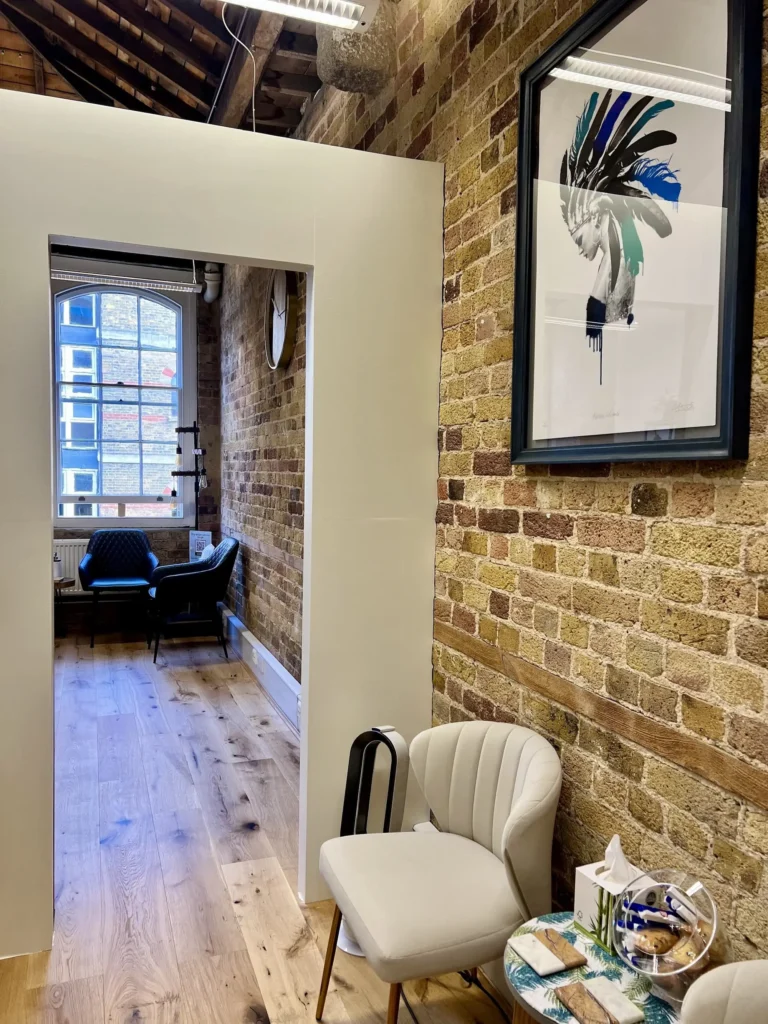Pelvic Floor Rehabilitation London
Physiotherapy
Pelvic Floor Rehabilitation
Pelvic floor rehabilitation is a therapeutic approach designed to strengthen and restore the function of the pelvic floor muscles, which connect the coccyx with the pubis and support all the internal organs and give passage to the end of the intestine (back passage) and genitalia.
These muscles play a crucial role in controlling bladder and bowel movements, maintaining continence and preserve fertility and sexuality being directly involved in the bowel excretion, urination, erection, ejaculation and vaginal contractions. Rehabilitation typically involves a series of exercises and interventions tailored to address specific conditions such as pelvic pain, urinary incontinence, faecal incontinence or pelvic organ prolapse.
Therapists use a combination of techniques, including overall exercises, manual therapy and distal acupuncture (for example needling the ankles or the abdomen or lower back). Manual therapy is based on specific pressure points to release the pelvic floor from its insertion mostly around the coccyx and the ischiatic bones (sitting bones).
Usually, Pelvic Floor Rehabilitation is performed by trained physiotherapists and incorporated in the standard physiotherapy session depending on the specific case and therapeutic plan to better support a full and rapid recovery.

The pressure is always applied externally, over the clothes, near the bone insertion, never on any private body part and always with the client’s consent. Usually within 1-3 mins of pressure per point the pain or tightness are gone. The goal of pelvic floor rehabilitation is to improve muscle strength, coordination, and endurance, ultimately enhancing the patient’s quality of life by alleviating symptoms and restoring normal function.
This form of therapy is often recommended for individuals who have experienced childbirth, surgery, or injury that has weakened the pelvic floor muscles.
In ayurvedic medicine the pelvic floor represent the first chakra (roots, family, stability, survival mode, financial security, etc) while in Chinese medicine is connected to the bladder (fear of the authority, water flow), kidney (fears, water), conception (yin of the entire body) and governor (yang of the entire body) so other therapies like acupuncture, energy healing or sound healing could be very useful as complementary techniques.
